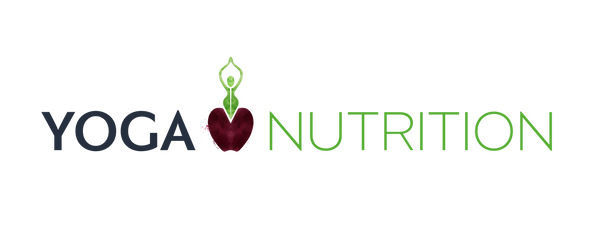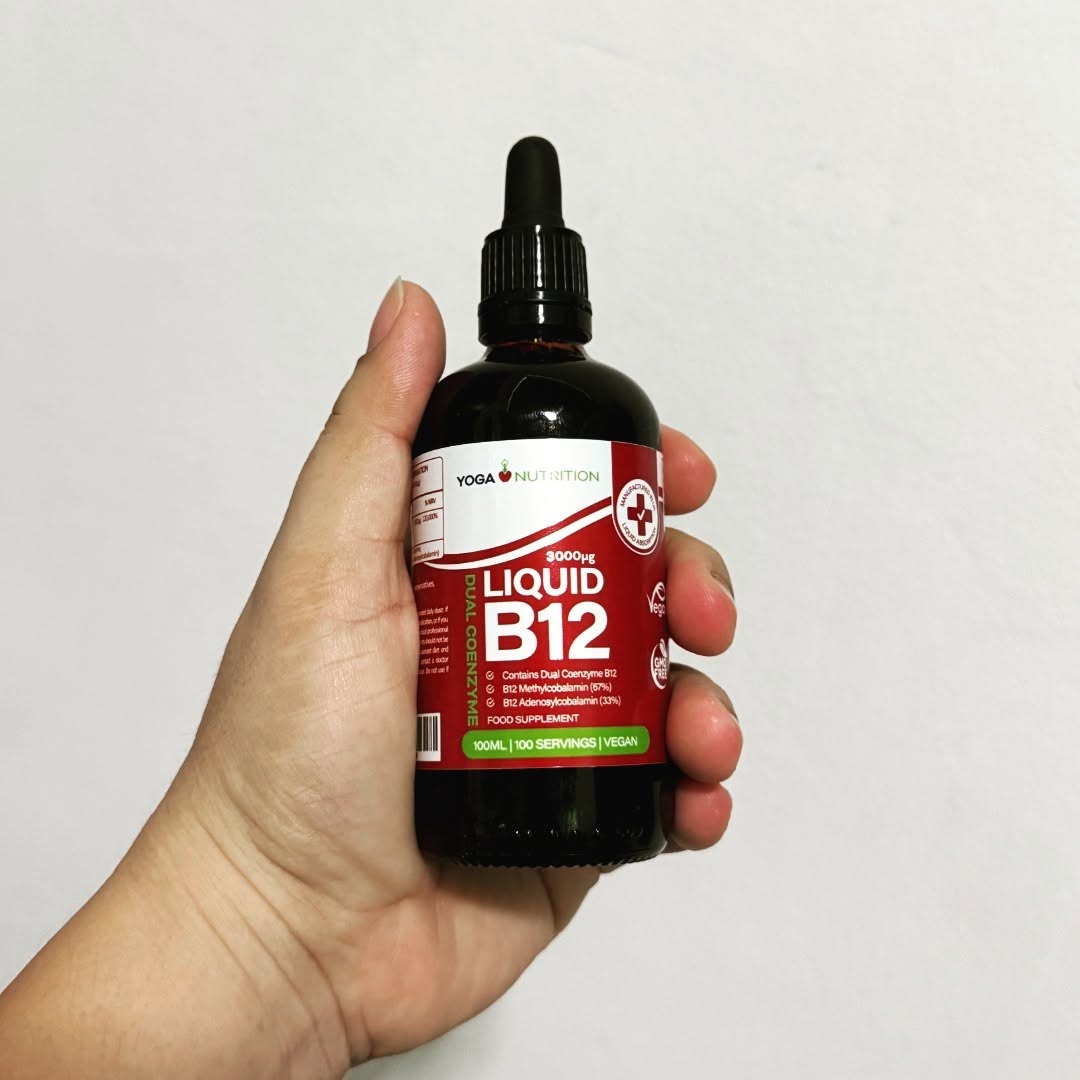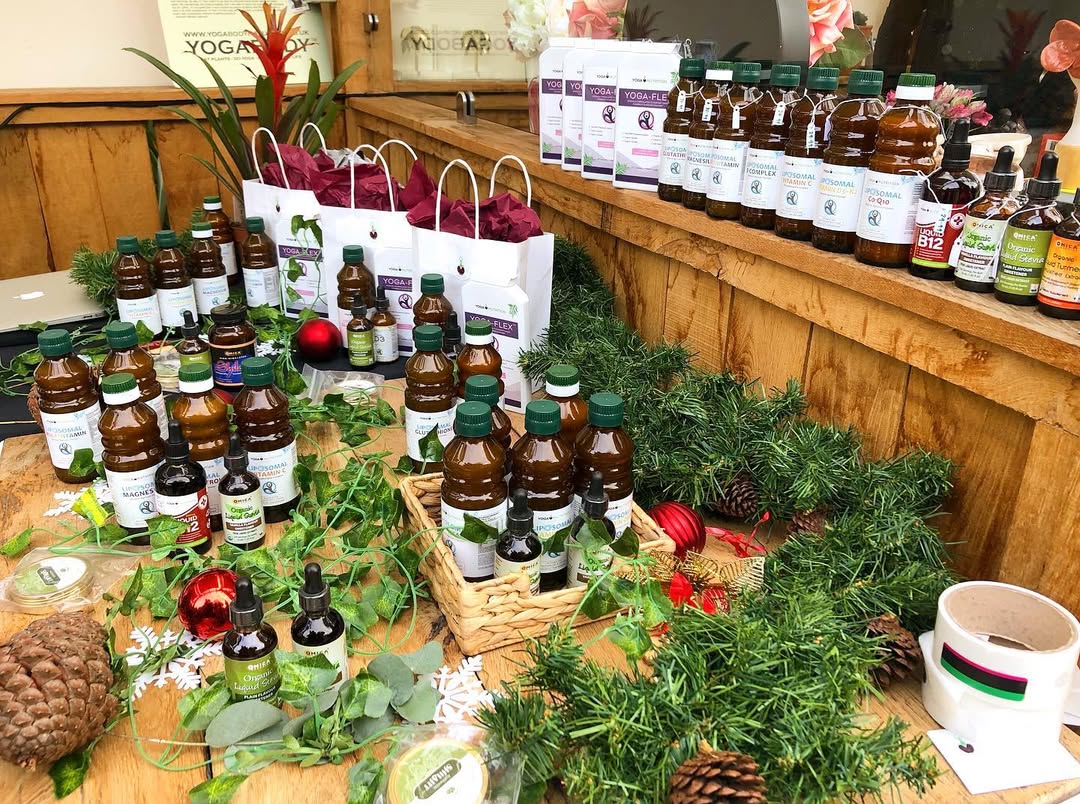
Common Signs of Low Vitamin B12 and How to Recognize Them
Share
Vitamin B12 is an essential nutrient that plays a critical role in maintaining healthy nerve cells and producing DNA and red blood cells. Despite its importance, many people suffer from a deficiency without even realizing it. Recognizing the signs of low Vitamin B12 can help prevent serious health issues. In this blog post, we'll explore common symptoms and how to address them, with a focus on convenient solutions like vitamin B12 liquid supplements.

Why Vitamin B12 is Important
Vitamin B12 is crucial for several bodily functions:
- Red blood cell formation: It helps in the production of red blood cells, preventing anemia.
- Neurological function: It supports the health of nerve cells and contributes to DNA synthesis.
- Energy production: It aids in converting food into energy, helping to reduce fatigue.

Common Signs of Low Vitamin B12
1. Fatigue and Weakness
One of the earliest signs of a Vitamin B12 deficiency is fatigue. This happens because the body lacks enough red blood cells to carry oxygen, leading to tiredness and weakness.
2. Numbness and Tingling
Low levels of Vitamin B12 can lead to nerve damage, which may result in a sensation of numbness or tingling in the hands and feet.
3. Cognitive Impairment
Memory problems, difficulty concentrating, and confusion are other potential signs of a deficiency. These symptoms are sometimes mistaken for other conditions, such as dementia.
4. Mood Changes
Depression, irritability, and mood swings can also be linked to a lack of Vitamin B12. This is due to its role in producing brain chemicals that affect mood and other brain functions.
5. Pale or Jaundiced Skin
Vitamin B12 deficiency can cause your skin to appear pale or develop a slight yellowish tint due to reduced red blood cell production and the breakdown of those cells.
6. Glossitis and Mouth Ulcers
An inflamed or swollen tongue (glossitis) and mouth ulcers can be signs of a Vitamin B12 deficiency. These symptoms are often accompanied by a burning sensation and discomfort.

How to Address a Vitamin B12 Deficiency
1. Liquid Vitamin B12 Supplements
One of the most effective and convenient ways to boost Vitamin B12 levels is through liquid vitamin B12 supplements. They are easy to absorb and can quickly improve your B12 status. Liquid B12 is especially beneficial for individuals who have difficulty swallowing pills or have absorption issues.
2. Diet Adjustments
Include more Vitamin B12-rich foods in your diet, such as:
- Animal-based products: Meat, fish, eggs, and dairy.
- Fortified foods: Some cereals and plant-based milk are fortified with Vitamin B12.
3. Correct Dosage
The recommended B12 dosage varies depending on age, lifestyle, and individual needs. For adults, the typical daily intake is about 2.4 micrograms, but this can be higher for pregnant or breastfeeding women, and individuals with specific health conditions.
4. Regular Monitoring
If you suspect a deficiency, consult your healthcare provider for a blood test. Regular monitoring helps ensure that your Vitamin B12 levels remain within a healthy range.

Managing Vitamin B12 Deficiency
Recognizing the signs of low Vitamin B12 and addressing them promptly can prevent long-term health issues. Whether through dietary changes or supplements like vitamin B12 liquid, maintaining optimal B12 levels is essential for overall well-being. If you experience any symptoms mentioned, consider discussing Vitamin B12 supplementation with your healthcare provider to find the best solution for your needs.
Stay proactive about your health by incorporating liquid vitamin B12 into your daily routine. For more comprehensive nutritional guidance and support, explore Yoga Nutrition's range of supplements and wellness products designed to keep you at your best.







